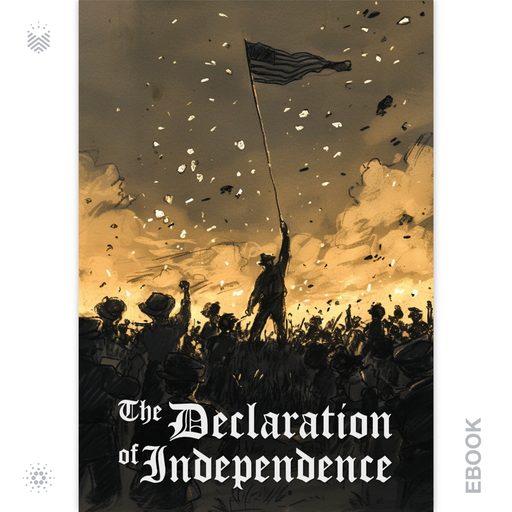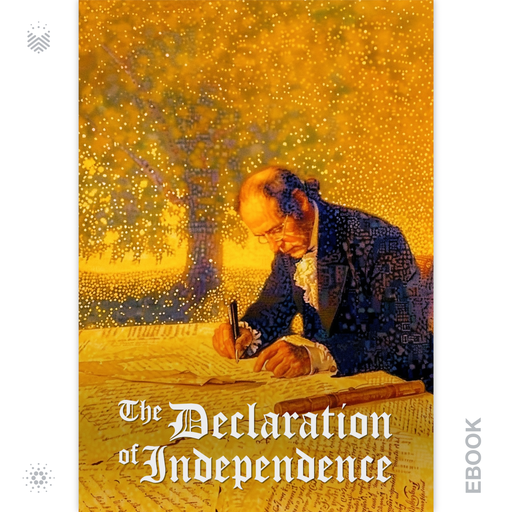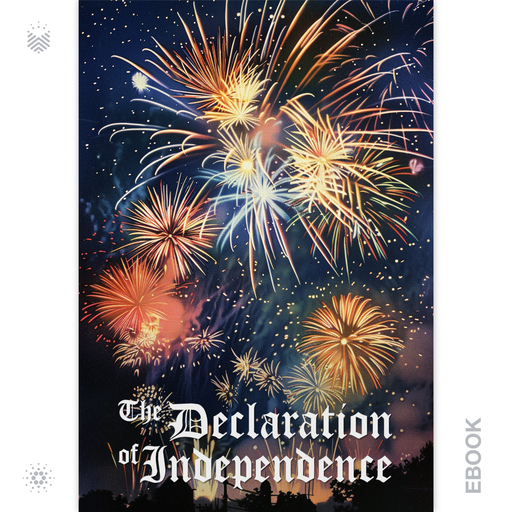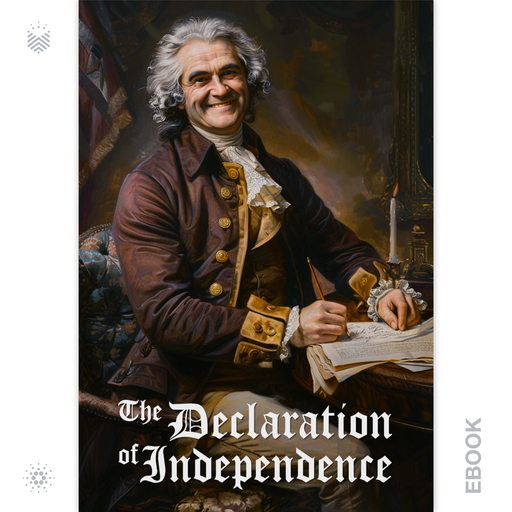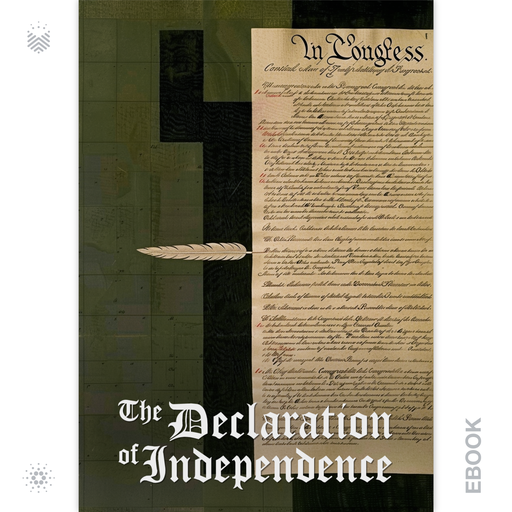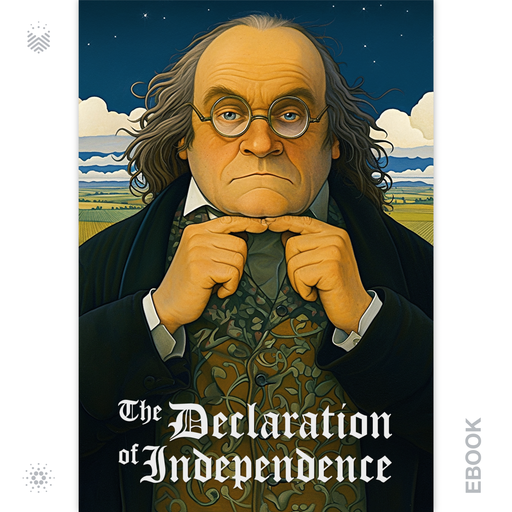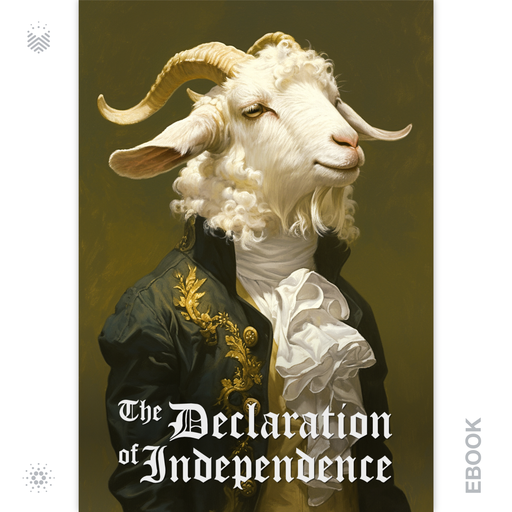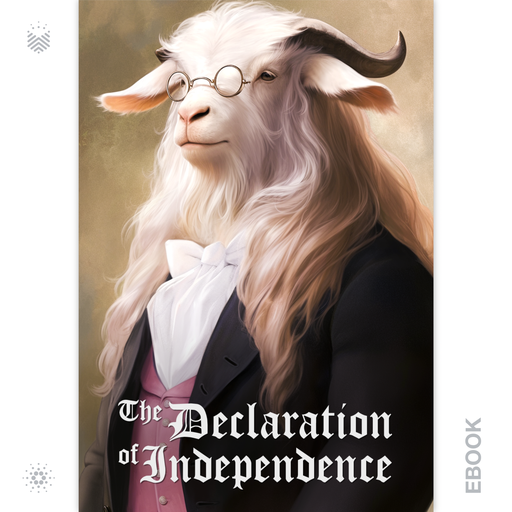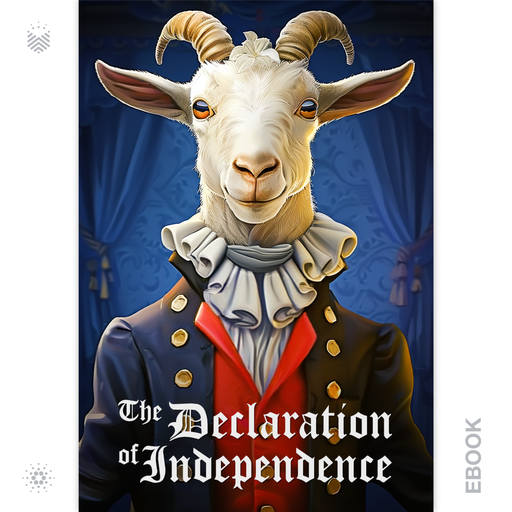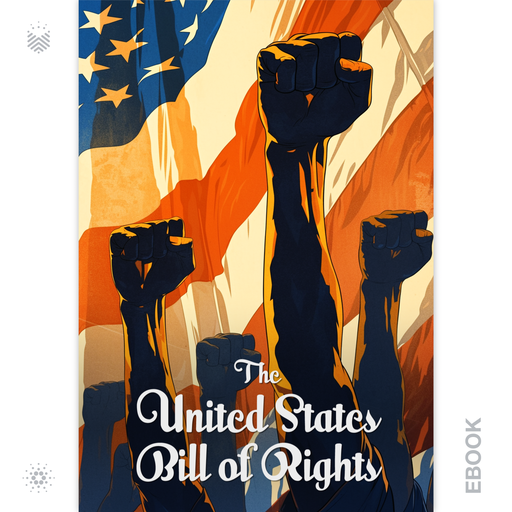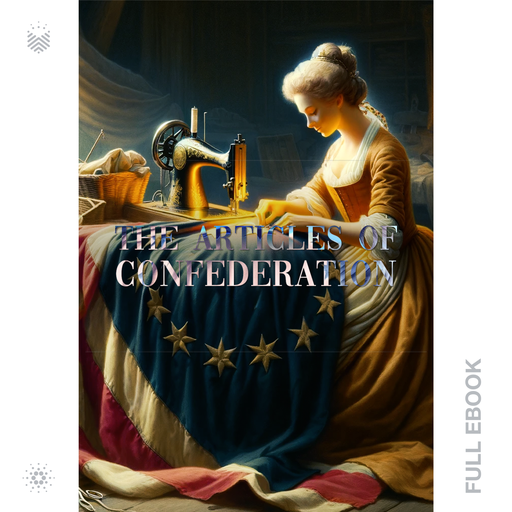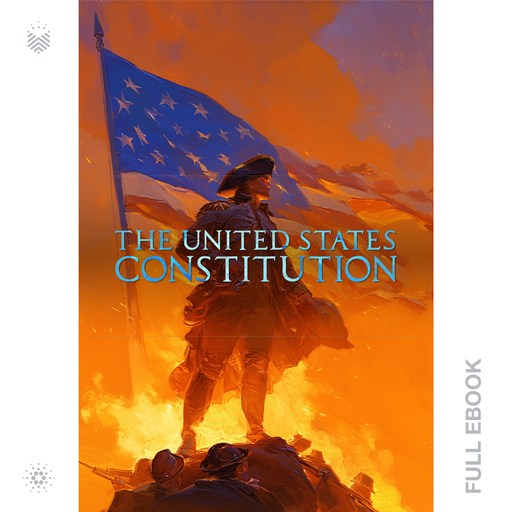Home » Books » The Declaration of Independence
The Declaration of Independence
Air Drop - Available On:
jpg.storeThe Declaration of Independence, adopted on July 4, 1776, marks a pivotal moment in American history. Thomas Jefferson, tasked with drafting the document, captured the colonies’ collective resolve for freedom from British rule. The Continental Congress debated and revised Jefferson’s draft, ultimately producing a powerful proclamation that articulated the colonies’ desire for independence and their grievances against King George III.
Description
The Declaration asserts the inherent rights of individuals and the belief that government derives its power from the consent of the governed. The document lists specific complaints against the British monarchy, highlighting the unjust laws and tyrannical acts imposed on the American colonies. By detailing these grievances, the Declaration justified the colonies’ decision to break away and establish a government that would better protect their rights and interests.
Upon its adoption, the Declaration of Independence galvanized the American colonies, uniting them in their struggle for liberty. It inspired both soldiers and civilians to continue their fight for freedom, ultimately leading to the successful conclusion of the Revolutionary War. The Declaration not only laid the foundation for the United States’ formation but also influenced democratic movements worldwide, serving as a timeless symbol of the quest for equality and self-governance.
Numbered eBooks: 421
Number of Unique Covers: 105
Number of 1:1 Covers: 63

The Annual Celebrations
16 Unique Designs
x 10 Numbered eBooks
= 160 NFT eBooks
eBook Numbers 261 - 420
(38.00% of Supply)
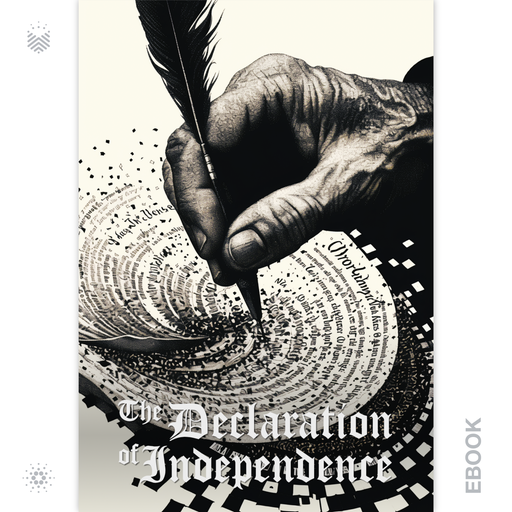
The Declaration of Independence
14 Unique Designs
x 9 Numbered eBooks
= 126 NFT eBooks
eBook Numbers 135 - 260
(29.93% of Supply)
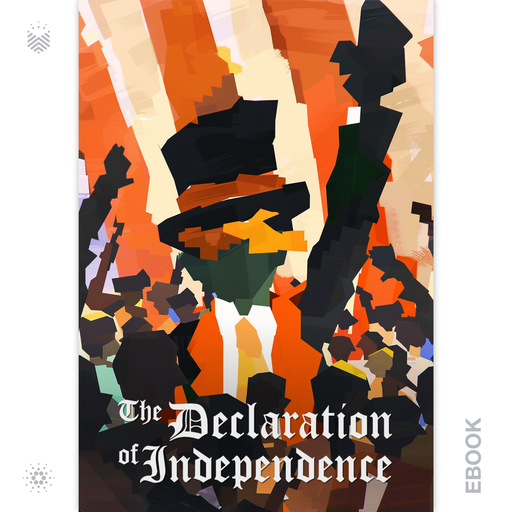
Patriotic Parades
12 Unique Designs
x 6 Numbered eBooks
= 72 NFT eBooks
eBook Numbers 63 - 134
(17.10% of Supply)
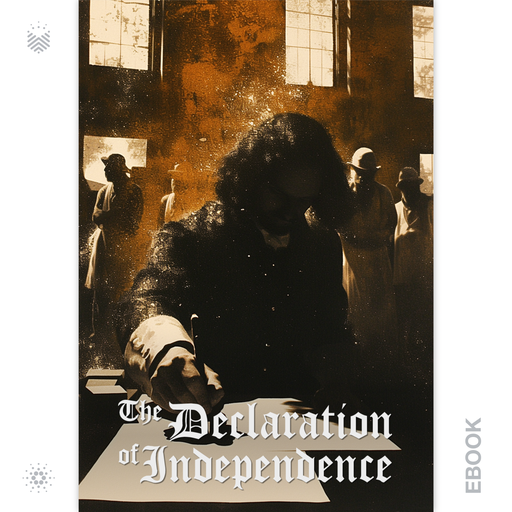
Put Your John Hancock
13 Unique Designs
x 1 Numbered eBooks
= 13 NFT eBooks
eBook Numbers 50 - 62
(3.09% of Supply)
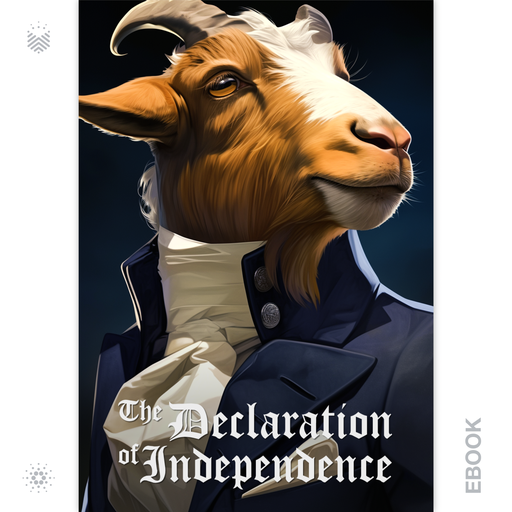
The GOAT Signer
12 Unique Designs
x 1 Numbered eBooks
= 12 NFT eBooks
eBook Numbers 38 - 49
(2.85% of Supply)
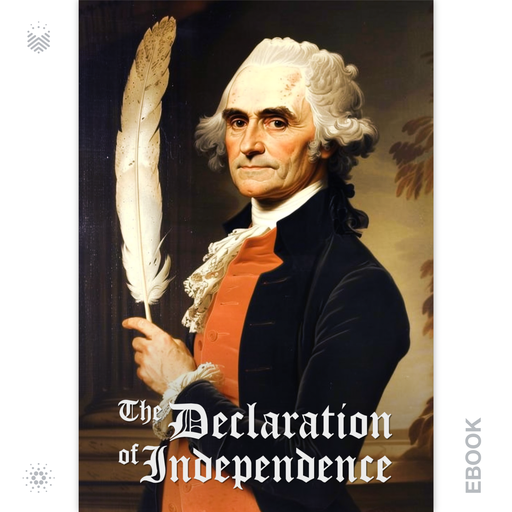
The Author of the Declaration
11 Unique Designs
x 1 Numbered eBooks
= 11 NFT eBooks
eBook Numbers 27 - 37
(2.61% of Supply)
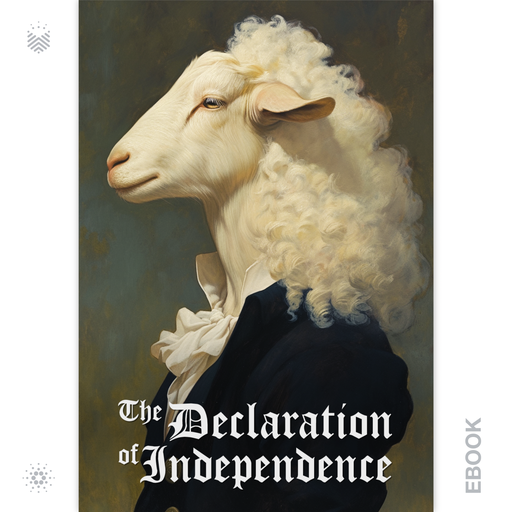
The GOAT Author
10 Unique Designs
x 1 Numbered eBooks
= 10 NFT eBooks
eBook Numbers 17 - 26
(2.38% of Supply)
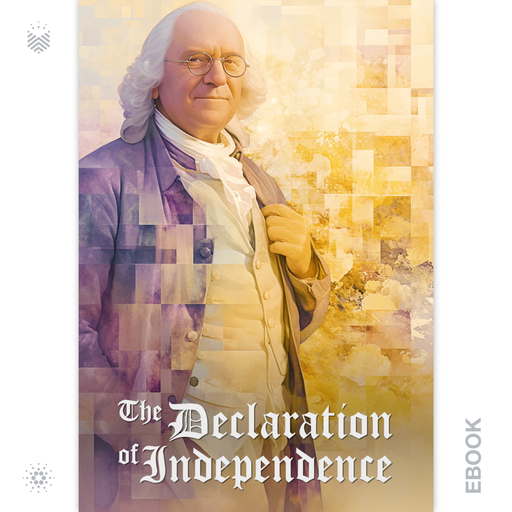
The Founding Father Franklin
9 Unique Designs
x 1 Numbered eBooks
= 9 NFT eBooks
eBook Numbers 8 - 16
(2.14% of Supply)
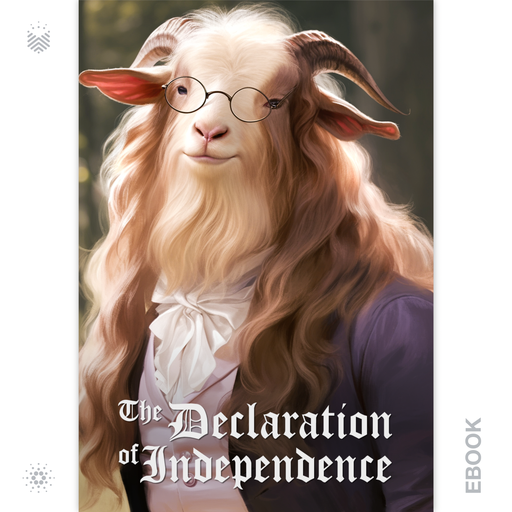
The GOAT Founding Father
8 Unique Designs
x 1 Numbered eBooks
= 8 NFT eBooks
eBook Numbers 0 - 7
(1.90% of Supply)
Details
Publisher : Book.io
Series : Foundations of the United States
First Publication Date : 1776
Authors: Thomas Jefferson, Benjamin Franklin, John Adams, Roger Sherman, Robert R. Livingston
Genres: American History, History, Non-Fiction, Politics, Reference Work
Language : English
Word Count : 1,458
Format : DEA (Decentralized Encrypted Asset)
Read On : Book.io eReader dApp
Cover Art : Includes 4K hi-resolution book cover
Cardano Policy ID : 5ef4fb48aec0634fa42f0de325122581e0f8b2b2a79c9b7caaeb4512
Author Info
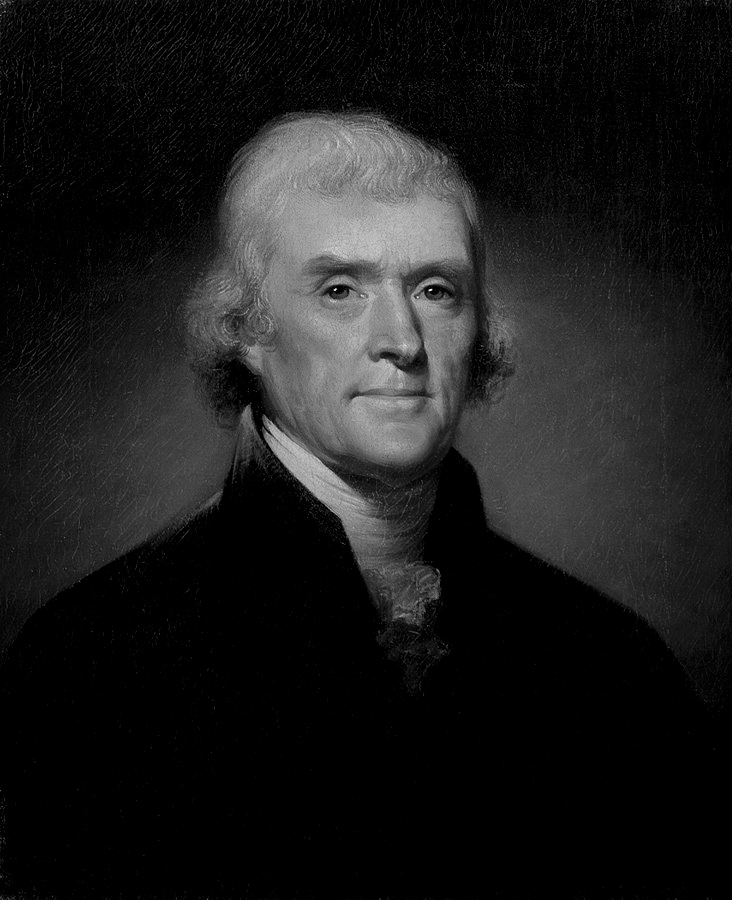
Thomas Jefferson
Thomas Jefferson (1743-1826) played a pivotal role in drafting the Declaration of Independence. Born in Shadwell, Virginia, he emerged as a leading figure in the American Revolution. Jefferson's eloquent writing captured the colonies' desire for freedom and articulated the principles of individual rights and self-governance. As the primary author, he meticulously crafted the document to assert the colonies' right to break free from British rule. Jefferson's intellect and vision not only shaped t… Read More

Benjamin Franklin
Benjamin Franklin (1706-1790) brought his multifaceted genius to the crafting of the Declaration of Independence. Born in Boston, Massachusetts, Franklin emerged as a leading intellectual, statesman, and diplomat. He contributed his extensive experience and wisdom to the Continental Congress, where his persuasive arguments and strategic insights were invaluable. Franklin's support for independence and his ability to garner international alliances, particularly with France, significantly bolstere… Read More
by Benjamin Franklin
The Autobiography of Benjamin Franklin offers a firsthand account of one of America’s most influential Founding Fathers. Franklin writes with clarity, wit, and purpose, revealing how he shaped his life through reason, hard work, and self-improvement. His story not only chronicles personal triumphs and struggles but also provides a blueprint for personal growth and civic responsibility.
Read More
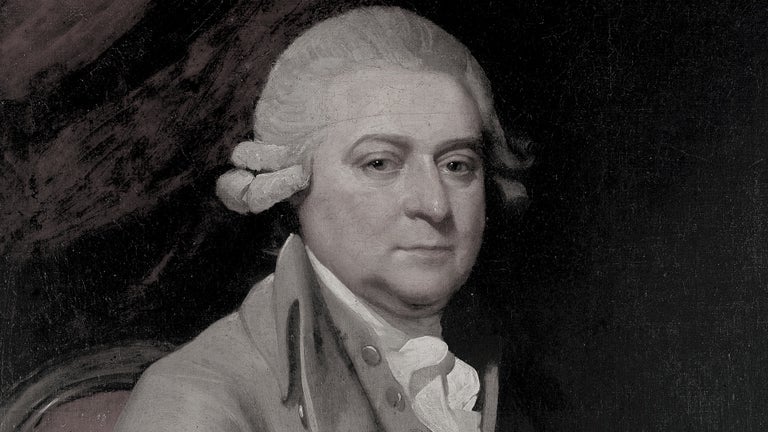
John Adams
John Adams (1735-1826), born in Braintree, Massachusetts, vigorously supported the push for independence. As a prominent lawyer and diplomat, Adams brought his legal acumen and persuasive skills to the Continental Congress. He tirelessly campaigned for the Declaration of Independence, recognizing its necessity for establishing a sovereign nation. Adams' dedication and leadership helped unite the colonies in their quest for freedom, making him a crucial figure in the independence movement.
Adams… Read More
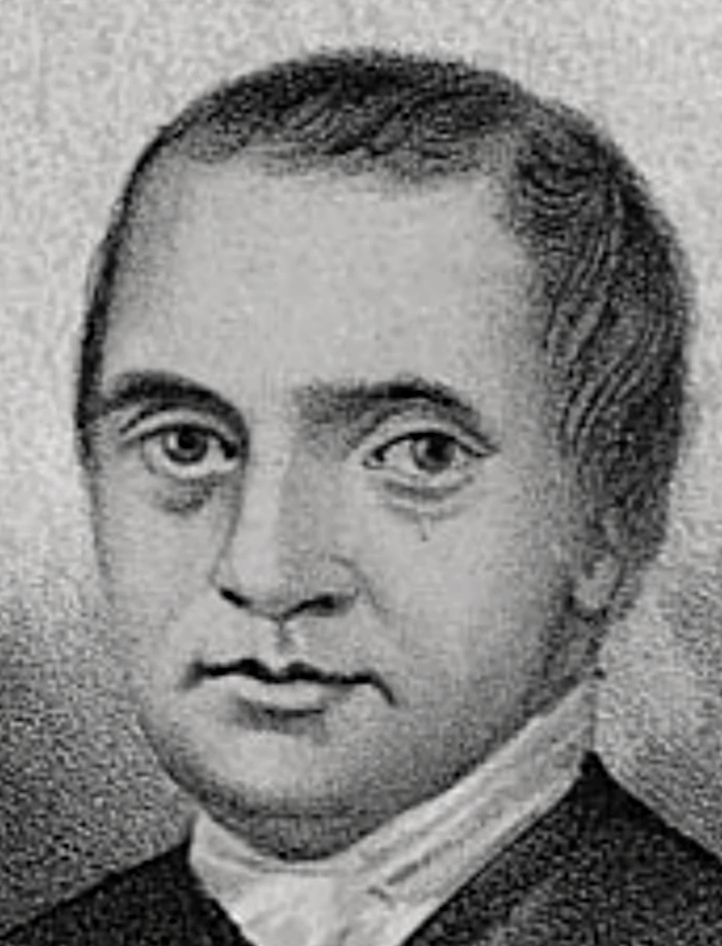
Roger Sherman
Roger Sherman (1721-1793) brought his pragmatic and diligent nature to the creation of the Declaration of Independence. Born in Newton, Massachusetts, Sherman became a prominent lawyer and politician in Connecticut. His deep understanding of law and governance made him a crucial contributor to the Continental Congress. Sherman’s input helped shape the Declaration's structure and language, ensuring that the colonies' demands for independence were clearly and effectively articulated.
Beyond the… Read More

Robert R. Livingston
Robert R. Livingston (1746-1813) significantly influenced the drafting of the Declaration of Independence through his role in the Continental Congress. Born in New York City, Livingston emerged as a prominent lawyer and statesman, known for his eloquence and legal expertise. Although he could not sign the Declaration due to his duties in New York, Livingston's contributions to the drafting committee were crucial. He worked alongside Jefferson, Adams, Franklin, and Sherman to shape the document t… Read More
You might also like
The United States Bill of Rights, ratified on December 15, 1791, firmly establishes the fundamental rights and liberties of American citizens. Crafted by James Madison, these first ten amendments to the Constitution respond directly to calls from several states for greater constitutional protection for individual freedoms. The Bill of Rights outlines specific prohibitions on governmental power, ensuring that citizens retain essential rights that the government cannot infringe upon.
… Read More
The Articles of Confederation, ratified in 1781, served as the first constitution of the United States, following the nation’s declaration of independence from British rule. Crafted by the Second Continental Congress, this document aimed to provide a framework for governance among the newly formed states. However, its structure reflected a cautious approach to central authority, as the colonists were wary of repeating the abuses they had experienced under British rule.
… Read More
by We the People
The United States Constitution is the foundational legal document that establishes the framework for the American government and outlines the rights of its citizens. Drafted during the Constitutional Convention in Philadelphia in 1787, it was ratified by the states in 1788 and went into effect in 1789.
Read More
by Alexander Hamilton, James Madison
The Federalist Papers also known as The Federalist, comprising of 85 articles and essays, were written by Alexander Hamilton, James Madison, and John Jay between 1787 and 1788. These essays, published under the pseudonym “Publius,” aimed to promote the ratification of the United States Constitution. Addressing various aspects of government structure and individual rights, the papers serve as a foundational text in American political thought.
… Read More

